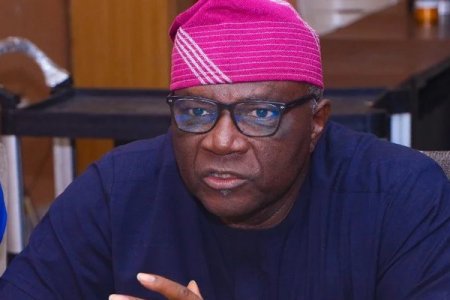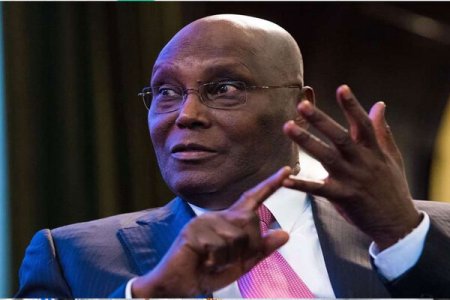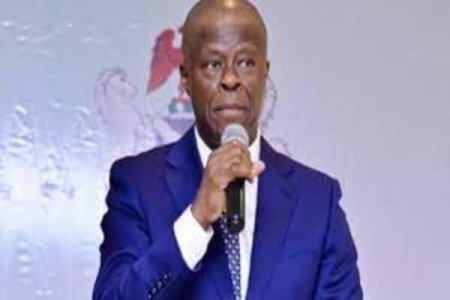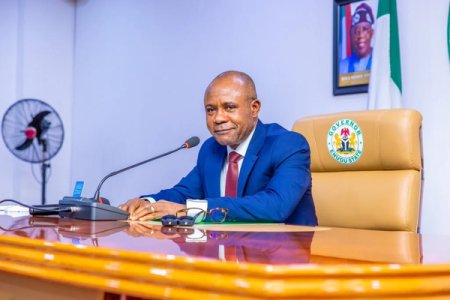
In recent twist to the saga surrounding Maersk's reported $600 million investment in Nigeria, Bayo Onanuga, special adviser on information and strategy to President Bola Tinubu, has stirred controversy by asserting that no formal agreement was signed between the Nigerian government and the shipping giant.
Onanuga's remarks, made in response to widespread excitement over the purported investment, have reignited skepticism and raised questions about the accuracy of the initial announcement.
On April 28, following discussions between President Tinubu and Robert Maersk Uggla, the presidency issued a statement proclaiming Maersk's commitment to inject $600 million into the Nigerian seaport industry.
However, Onanuga's statements to TheCable on Tuesday cast doubt on the veracity of the claim, stating that there was only talk "of possible investment in Nigeria" by Maersk.
Despite initial social media posts by Onanuga heralding the investment, including one stating, "Danish shipping company, A.P Moller-Maersk plans $600m investment in Nigeria," doubts have been raised about the validity of these assertions.
Notably, the post has since been deleted, further adding to the confusion surrounding the situation.
While Maersk officials have confirmed that no formal agreement has been reached, Onanuga contends that the company's statement did not explicitly deny the existence of investment talks.
He argues that people are "unnecessarily giddy over nothing" and emphasizes the importance of scrutinizing the facts before succumbing to excitement.
The controversy has sparked a wave of criticism directed at Onanuga and the Nigerian government, with many expressing outrage at what they perceive as dishonesty and manipulation of information.
Some commentators have accused Onanuga of prioritizing propaganda over transparency, highlighting the potential damage such actions could inflict on Nigeria's reputation among potential investors.
As the debate rages on, questions linger about the true nature of Maersk's intentions and the extent to which the Nigerian government may have misrepresented the situation. With trust in government institutions already fragile, the need for clarity and accountability has never been more pressing.




